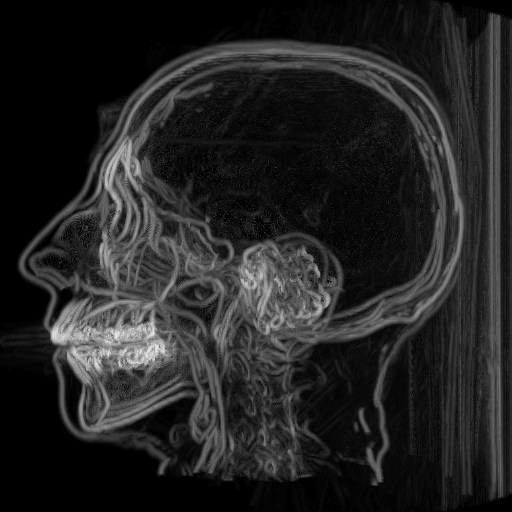
|
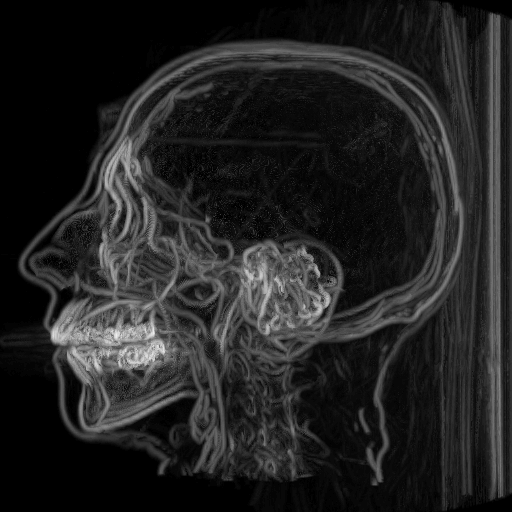
|
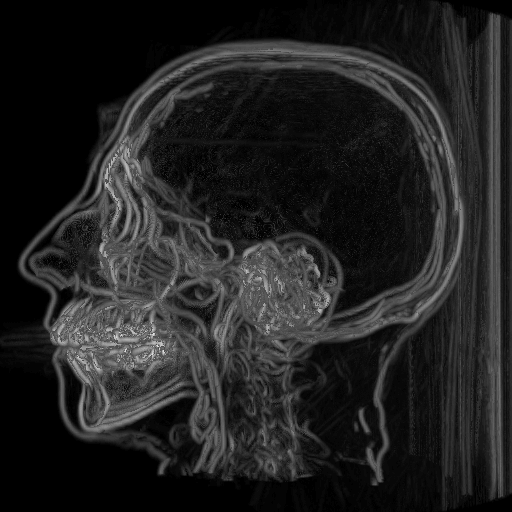
|
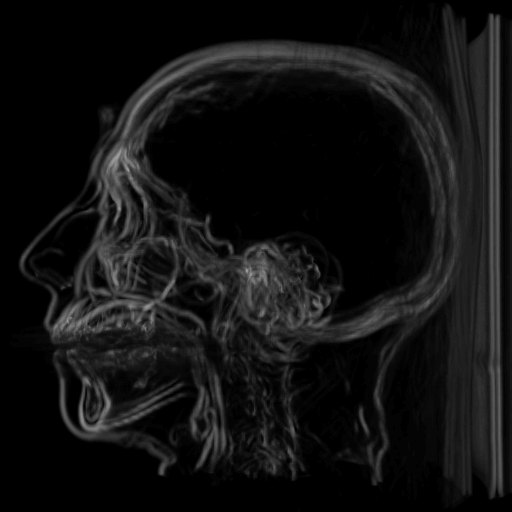
|

|

|

|

|

|
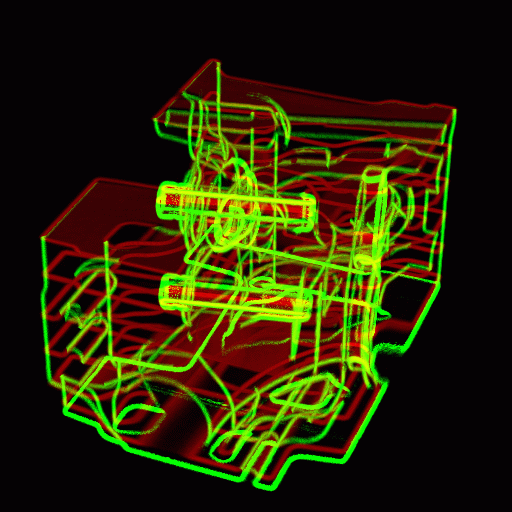
|
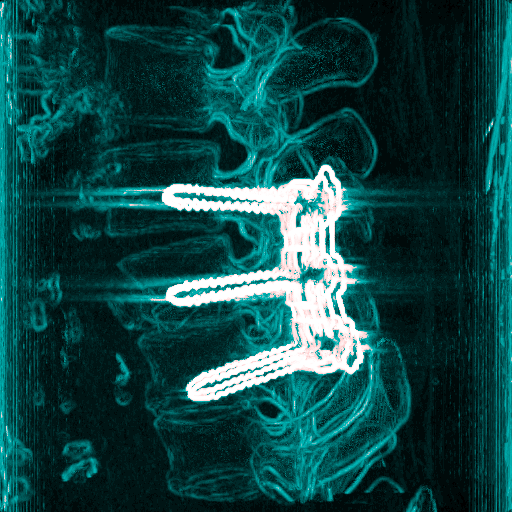
|
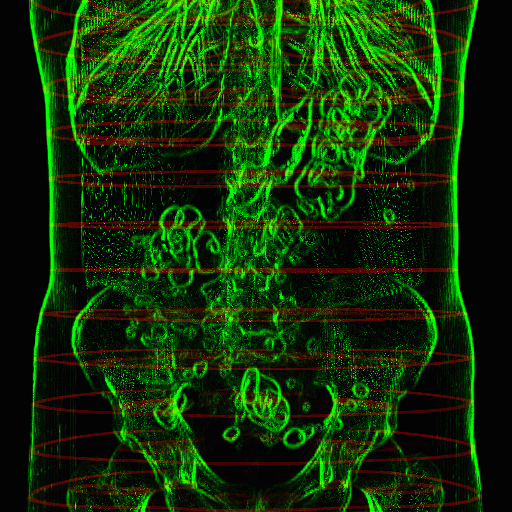
|
Abstract:
In this paper we present a fast visualization technique for volumetric data, which is based on a recent non-photorealistic rendering technique. Our new approach enables alternative insights into 3D data sets (compared to traditional approaches such as direct volume rendering or iso-surface rendering). Object contours, which usually are characterized by locally high gradient values, are visualized regardless of their density values. Cumbersome tuning of transfer functions, as usually needed for setting up DVR views is avoided. Instead, a small number of parameters is available to adjust the non-photorealistic display. Based on the magnitude of local gradient information as well as on the angle between viewing direction and gradient vector, data values are mapped to visual properties (color, opacity), which then are combined to form the rendered image (MIP is proposed as the default compositing stragtegy here). Due to the fast implementation of this alternative rendering approach, it is possible to interactively investigate the 3D data, and quickly learn about internal structures. Several further extensions of our new approach, such as level lines are also presented in this paper.
Keywords:
Interactive volume rendering, non-photorealistic rendering, shear-warp
projection.